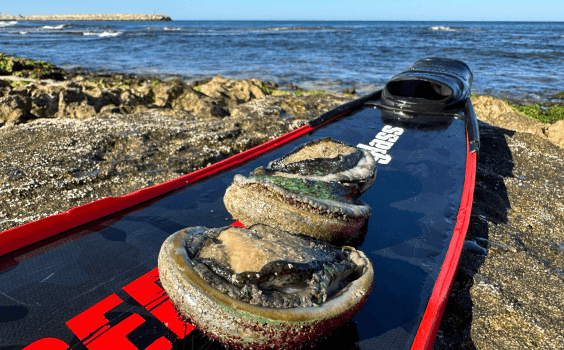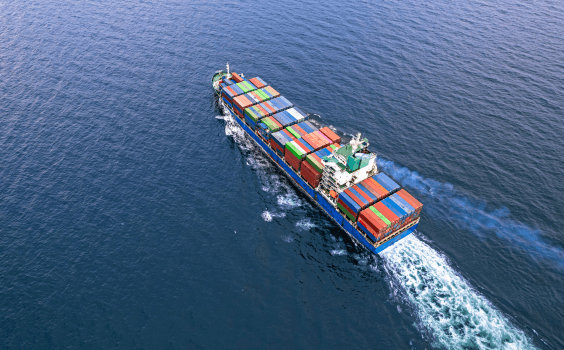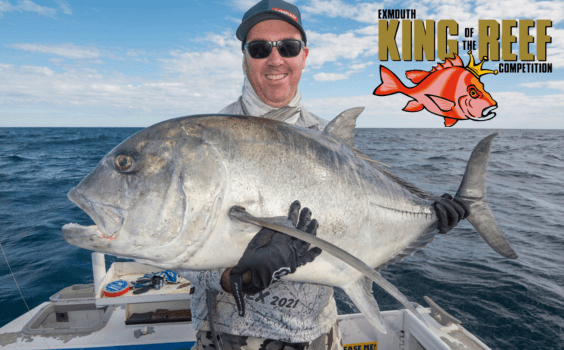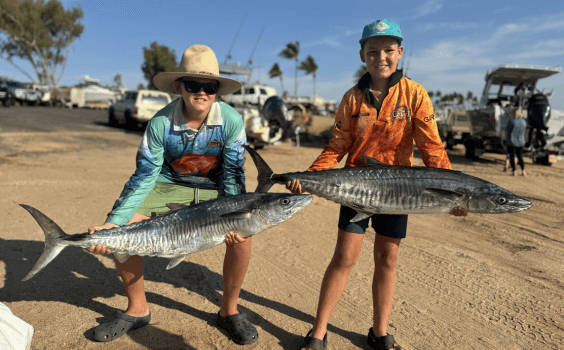Recfishwest CEO Dr Andrew Rowland has vigorously rejected on State radio calls from commercial rock cray fishers to introduce mandatory catch reporting for the recreational sector.
“We don’t want mum, dad and the kids at the boat ramp on Christmas Eve when they’ve got a few crays in the bucket getting knocked off by Fisheries officers with the kids crying and the crayfish confiscated because dad forgot to fill in the paperwork. It’s a ridiculous situation,” Andrew told ABC’s Jo Prendergast on the Country Hour program.
Andrew said there was a complete lack of evidence to support the need for mandatory reporting of recreationally caught crayfish for the 50,000 West Aussies licensed to fish for the popular crustacean.
“We often see claims around the need to do mandatory reporting from the recreational sector coming from the commercial sector, but they are completely unsubstantiated,” said Andrew. “We believe the current method used for estimating recreational catches is grounded in science and we think it’s more than adequate.
The recreational sector currently takes five per cent of the overall catch – around five tonnes, whereas the commercial sector takes 95 per cent.
“It’s a very small proportion of a very important catch for WA,” said Andrew.
LISTEN TO THE COMPLETE ABC COUNTRY HOUR RADIO INTERVIEW WITH ANDREW HERE
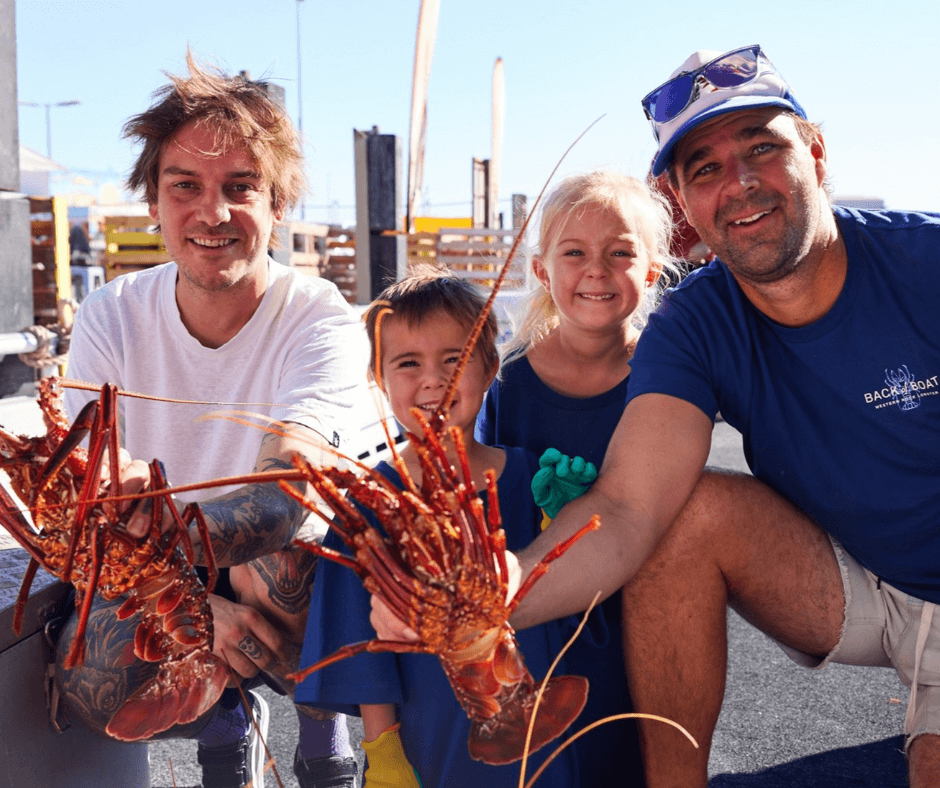
The current methods used to estimate the recreational cray catches involve comprehensive monitoring through a combination of voluntary logbooks being filled out by randomly selected volunteers and extensive surveying of fishers.
The methodology and the data it provides is peer-reviewed and the fishery is rigorously assessed in order to get its Marine Stewardship Certification tick – an internationally regarded benchmark for fisheries sustainability.
“There’s overwhelming evidence nationally and internationally that mandatory reporting is not required,” said Andrew.
He explained it is widely accepted there needs to be two preconditions for mandatory reporting to be introduced – there must be a high risk of sustainability for a fishery and the need for real-time monitoring of the catch.
“There’s plenty of biomass out there, it’s very sustainable,” said Andrew. “It’s not being pushed right to the edge of sustainability.”
Andrew also pointed out that there are several unresolved issues around mandatory reporting.
“Methods using phones have issues – we know that wet hands on phones don’t work too well,” said Andrew. “Acceptance by fishers; there are questions around how the data is validated; there are questions around privacy; and then there’s questions around compliance and enforcement. There is clearly more work to be done.”
RECFISHWEST KEEPING THE FUN IN FISHING. CLICK HERE TO JOIN THE CAST OF THOUSANDS
